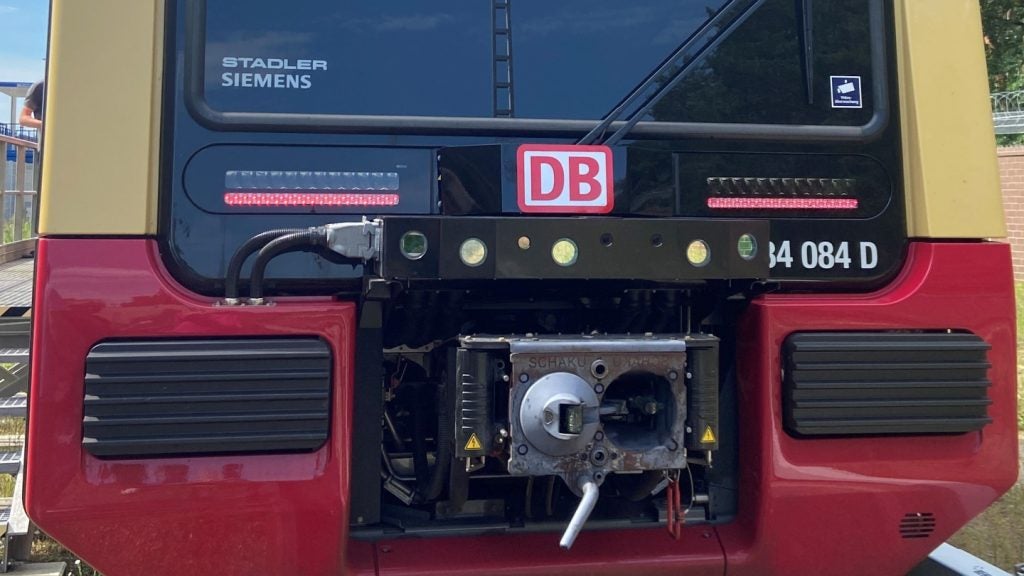Public transport – building more fixed-track railways and improving what already exists – continues to vex civilised countries because this type of expense is capable of creating a deep hole in any government’s pocket.
While it can be successfully argued that high-capital spending is simply short-term pain for long-term gain, major projects must inevitably join the queue with demands for better defence systems, health, education, crime control and social welfare.
For the last decade, much of the world has been studying how the UK has attempted to reduce the reliance on the public purse by introducing widespread privatisation. The 1993 Railways Act, much updated and modified over the last 15 years because its utopian dreams were found to be unsustainable, was further discredited on 23 July 2007, when the British government published its long-awaited and grandly titled high-level output statement (HLOS).
While heavy on intent, including the announcement of the construction of 1,300 new passenger vehicles to soak up burgeoning demand, the strengthening of suburban routes and easing of bottlenecks through the congested centres of Birmingham and Reading, the document neither provided specific implementation dates nor confirmed who would be providing the finance beyond the already heavily taxed fare payer.
What HLOS does seem to rule out is the UK’s entry to the European high-speed league because there was the strongest indication yet that a rapid-transit spine through the centre of the country – effectively proving a direct service from the south of France and the heart of Germany to Glasgow via the Channel Tunnel, is simply not a priority for the next 20 years.
Is it possible for the private sector to pick up most of the tab? It seems not, because UK subsidies have increased by 50% in the last year alone to a record £6.3bn.
How well do you really know your competitors?
Access the most comprehensive Company Profiles on the market, powered by GlobalData. Save hours of research. Gain competitive edge.

Thank you!
Your download email will arrive shortly
Not ready to buy yet? Download a free sample
We are confident about the unique quality of our Company Profiles. However, we want you to make the most beneficial decision for your business, so we offer a free sample that you can download by submitting the below form
By GlobalDataWhile a percentage of this has been allocated to major capital projects, such as the completion of the high-speed rail link between the centres of London and Paris, large sums are required to support unprofitable routes to small population centres where line closures are no longer politically acceptable on environmental
grounds alone. Cost-cutting solutions are not easily identifiable.
The UK’s current view – not shared by other countries – is that the passenger should have to pay for organised network expansion over the next two decades, through above-inflation fare increases. Across most of Europe and into Asia, it is still the belief that government should fund capital schemes, unencumbered by the need for the aggressive private sector to deliver margins to shareholders as a first priority.







